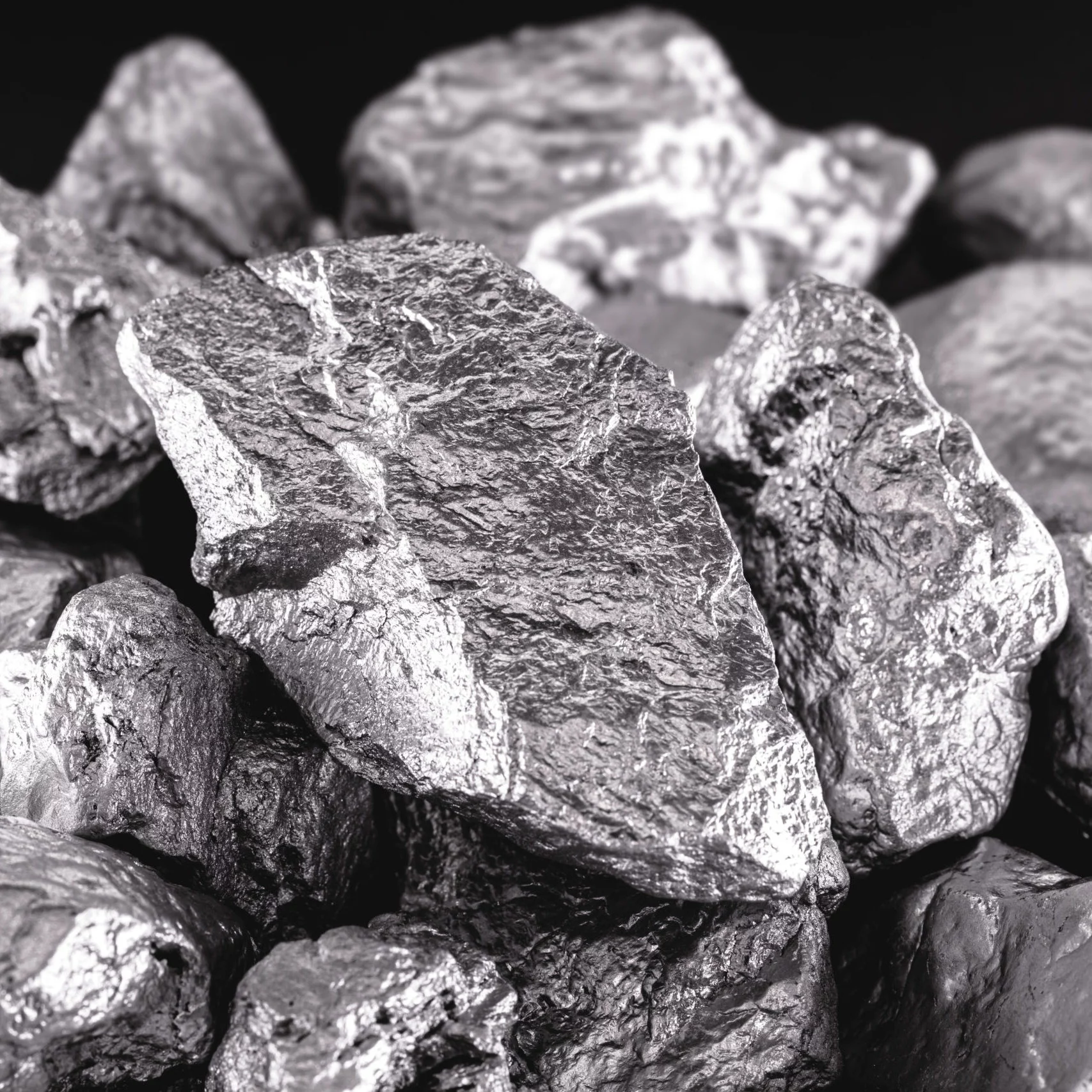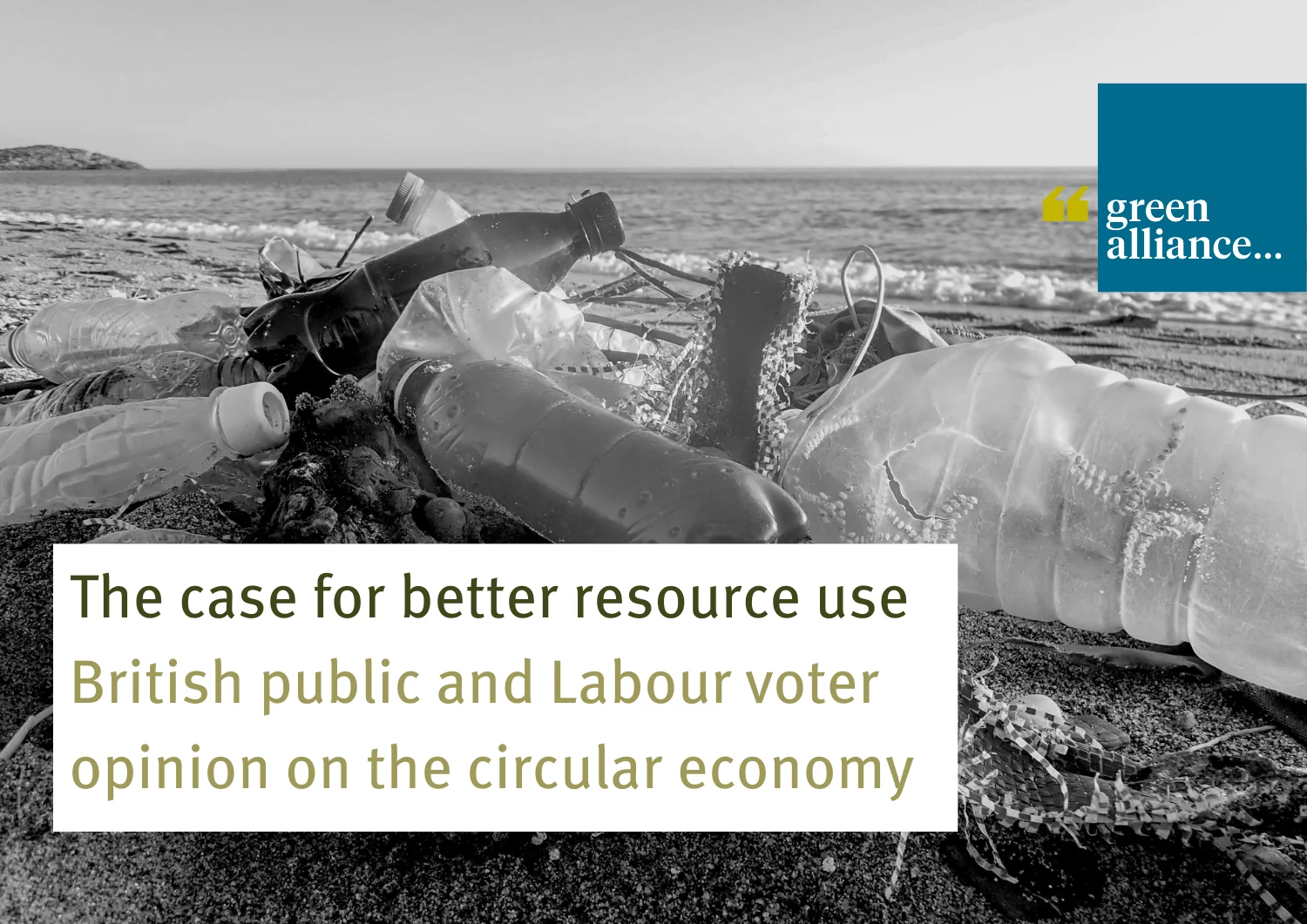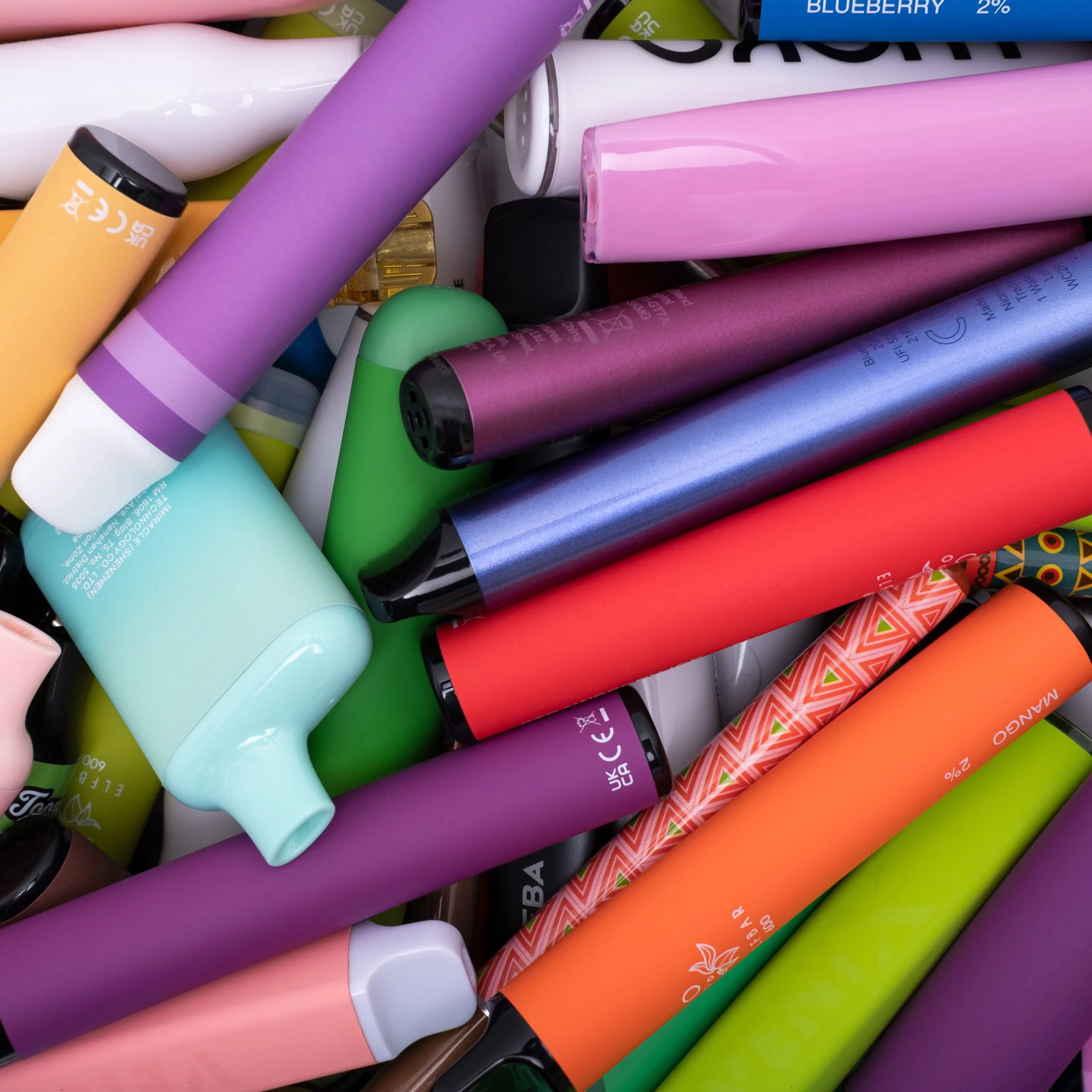Access to critical raw materials must be “an international priority” for UK, say industry leaders

Date:
Summary
Industry leaders have written to the government, calling for it to set out a more robust UK strategy on critical raw materials like cobalt and lithium as ministers conclude negotiations at COP29 in Azerbaijan and the G20 summit in Brazil.
Labour’s Clean Power Alliance, where it pushes the energy transition globally, is a key part of its foreign policy platform. But the UK currently relies almost completely on imports for the 24 critical raw materials (CRMs) that are critical to clean power, and international supply chains are risky to the UK, whilst sometimes causing damage to communities elsewhere.
The 29 signatories to the letter include energy companies SSE and OVO, waste firms Suez and Veolia, renewables firms Ethical Power and Good Energy, and trade and professional bodies The Royal Society of Chemistry, CIWM and IOM3. Noting the current supply chain risks around critical raw materials, they call for a more robust domestic UK strategy focused on invigorating the economy with more domestic reuse, remanufacturing and recycling.
China currently dominates the global production and processing of many CRMs, including rare earth elements used for wind turbines, of which it controls 69 per cent of production and 90 per cent of processing. The Democratic Republic of Congo mines 63 per cent of the world’s cobalt, used in batteries. Human rights abuses, including child labour, are well documented there.
If the government acts now, it could reduce UK exposure to these risks. The think tank Green Alliance coordinated the letter as their previous research suggests the UK has an opportunity to establish a thriving industry to reprocess and reuse these materials in clean energy infrastructure, securing energy independence in the long run.
- Green Alliance research has shown measures to reduce demand across the economy, such as using energy more efficiently and boosting public transport, could halve the need for some CRMs by 2035, compared to business as usual.
- Although the UK has few geological reserves of CRMs, a wealth of critical raw materials are building up in clean energy products and infrastructure. Domestically recycled nickel for EV batteries, for instance, could exceed 50 per cent of UK demand by 2040, and cobalt 150 per cent.
- The economic value of these materials is significant. The nickel in electric vehicle batteries reaching the end of their working life in 2040 could be worth £536 million, lithium could be worth £146 million and cobalt £63 million.


